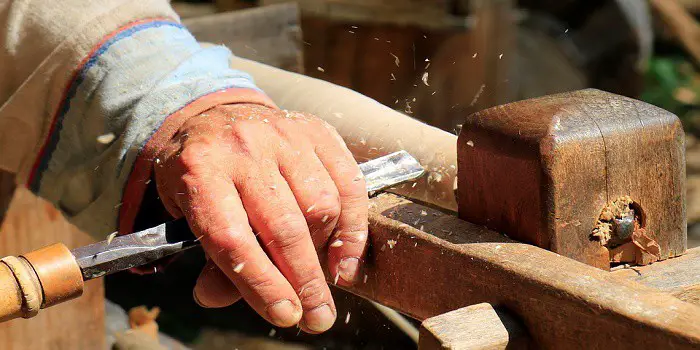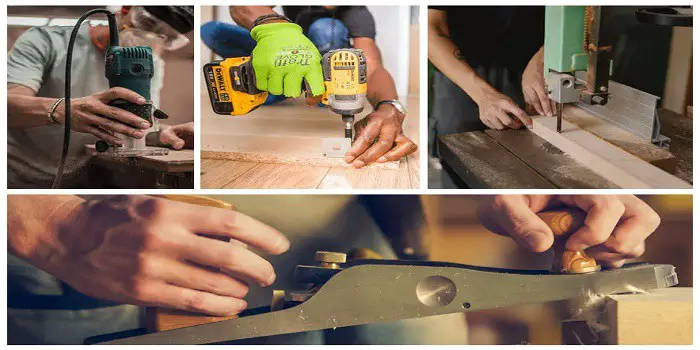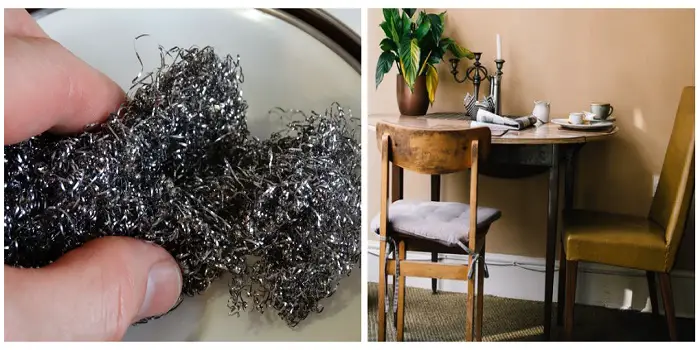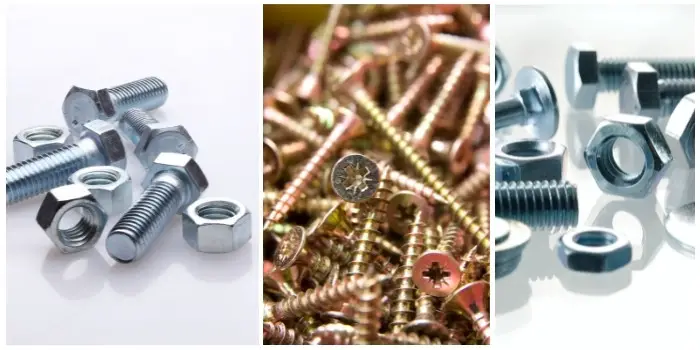
Nuts, bolts, screws, or studs are made from a variety of different metals these days.
Choosing the right material for nuts/screws is important in the outdoor woodworking job since this will determine how strong the project will be when they are used.
The material will also determine their resistance to corrosion as well as their aesthetic appeal.
Two of the more common types of material used to make nuts are stainless steel and zinc plating. There are also galvanized nuts which are not so much material but rather the process used to help make steel more resistant to corrosion.
In the article below, we will be looking in detail at what material you should choose when picking the nuts and screws for woodworking projects outside so that they do not get damaged soon.
So, let’s get started…
Stainless Steel Nuts
Stainless steel is known for its durability and resistance to corrosion. Plus, the integrity of the nut will not be affected when scratched or dinged.
The only downside is that when stainless steel nuts are installed, they may cause galling or seizing to occur.
This is why installing stainless steel nuts is normally left to a professional who has the tools to prevent galling from occurring.
Zinc Plated Nuts & Screws
These are basically steel nuts that are electroplated with zinc and are among the most popular choices.
Zinc-plated nuts and bolts offer a number of uses, including projects that are outdoors, since they can resist the elements while providing additional resistance to corrosion.
However, they are not fully resistant to water, which is why they are not recommended for high humidity or underwater environments.
One noticeable advantage of zinc-plated nuts and bolts is the fact that they are far more affordable compared to stainless steel versions.
They are also strong, resist corrosion, and can be used for many different applications.
Galvanized nuts also have a layer of zinc. The difference is that the metal is hot-dipped, resulting in a thicker coating. This makes them even more resistant to corrosion compared to standard zinc plating.
While galvanized nuts tend to be quite durable, they are not compatible with bolts that are made from other materials. This is because the galvanized nuts are slightly different in their size.
Stainless Steel vs. Zinc Plated Nuts: What is Better?
The bottom line is that stainless-steel nuts provide all the advantages of being resistant to corrosion, strong, durable, and long-lasting.
Zinc-plated nuts will tend to corrode faster compared to their stainless-steel counterparts. This means that zinc-plated nuts will not last as long, nor are they as durable.
If you have ready access to stainless steel nuts and are affordable, then they are the better choice.
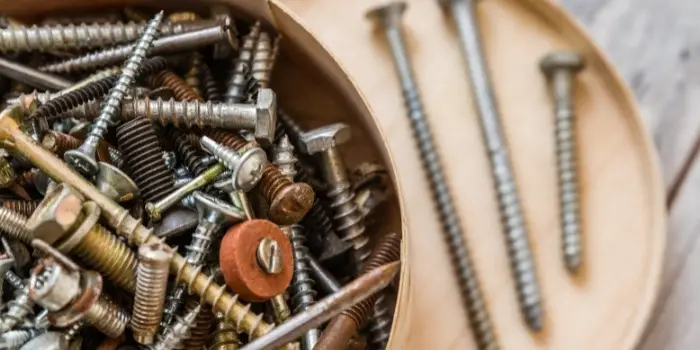
Can You Use Zinc Coated Screws in Pressure Treated Wood?
Zinc-coated screws can be used in pressure-treated wood construction and structures since they will not rust when inside. However, some types of zinc-coated screws are not best suited for the job.
Electrogalvanized screws, for example, tend to corrode much faster than mechanical galvanized screws. They also tend to leave black streaks around the nail area.
So if the screws are used in pressure-treated wood outside where it’s exposed to a high salt or moisture environment, these screws should not be used – it’s better to go with stainless steel.
A few other types of screws that are well-suited for pressure-treated lumber include the following.
Polymer Protected: This is a non-reactive organic polymer coating placed over the zinc coating for better protection.
This is to protect copper-treated wood from becoming corroded. It also prevents copper and water from touching the steel or zinc inside the screws.
Stainless Fasteners: It’s best to choose grades 304 or 305, which provide good corrosion resistance. Grade 316 is generally the best for copper-treated wood when used in coastal areas.
Remember that they tend to be more expensive and cannot be used with galvanized structural connectors because of the potential chemical reaction.
What to Look for Before Buying Woodworking Screws and Nuts?
There are several factors to consider when purchasing the type of screws and nuts that will work best for your project.
From practical to appearance, some factors to consider include the following.
a) Length & Gauge:
This is a basic determination based on the thickness of the wood and the type of work being performed.
The length and gauge of the screws and nuts should match the thickness and hardness of the wood.
b) Drive of the Screw:
The type of screw head makes a difference. Most screws use Philip’s head because it is more common and considered easier to drive.
But the star and square drives may work quite well. Generally, the type of head that’s easier for you to drive should be the top consideration.
c) Flat or Pan Head:
A flat head is recommended when fastening wood directly to wood. But if the wood is being fastened to plastic, a pan head is recommended instead.
d) Self-Drilling Tip:
A self-drilling tip can be driven into the wood faster, but there is a higher probability of splitting the wood.
For thick wood that is resistant to splitting, a self-drilling tip may be the right choice.
The application and usage of the material that is being fastened determines in large part what type of screw should be used.
Moist environments lean towards using screws that are corrosion-resistant such as stainless steel.
Dry conditions make for standard iron or steel screws. Be sure to consider all that when deciding which type to use.
Final Thoughts
Nuts and screws you use in woodwork are most associated with steel, but they can also be made of titanium, plastic, or other materials.
In addition to the materials, nuts come in different grades as well. Some may have coatings to enhance their rust protection or make them stronger to last longer.
For replacing nuts or screws (used in your fence, sheds, or other outdoor furniture), you should first use nuts of the same material unless it is causing corrosion.
And when buying new ones for your fresh project, it’s essential to look at the environmental conditions they will be exposed to and the factors I have mentioned above.
Share the post "Zinc vs. Stainless Steel Nuts – for Outside Construction?"
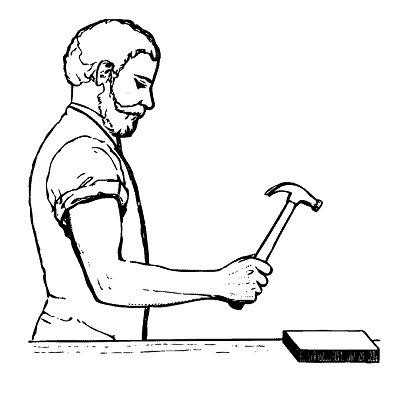
Hi, I am Mark Garner a professional carpenter, woodworker, and DIY painter. I live in the small city of Peoria, Arizona as a semi-retired woodworker. I have started this blog with a simple motive to help you with my wood experience in this sector. If you like to know more about what I love doing and how it all got started, you can check more about me here.


